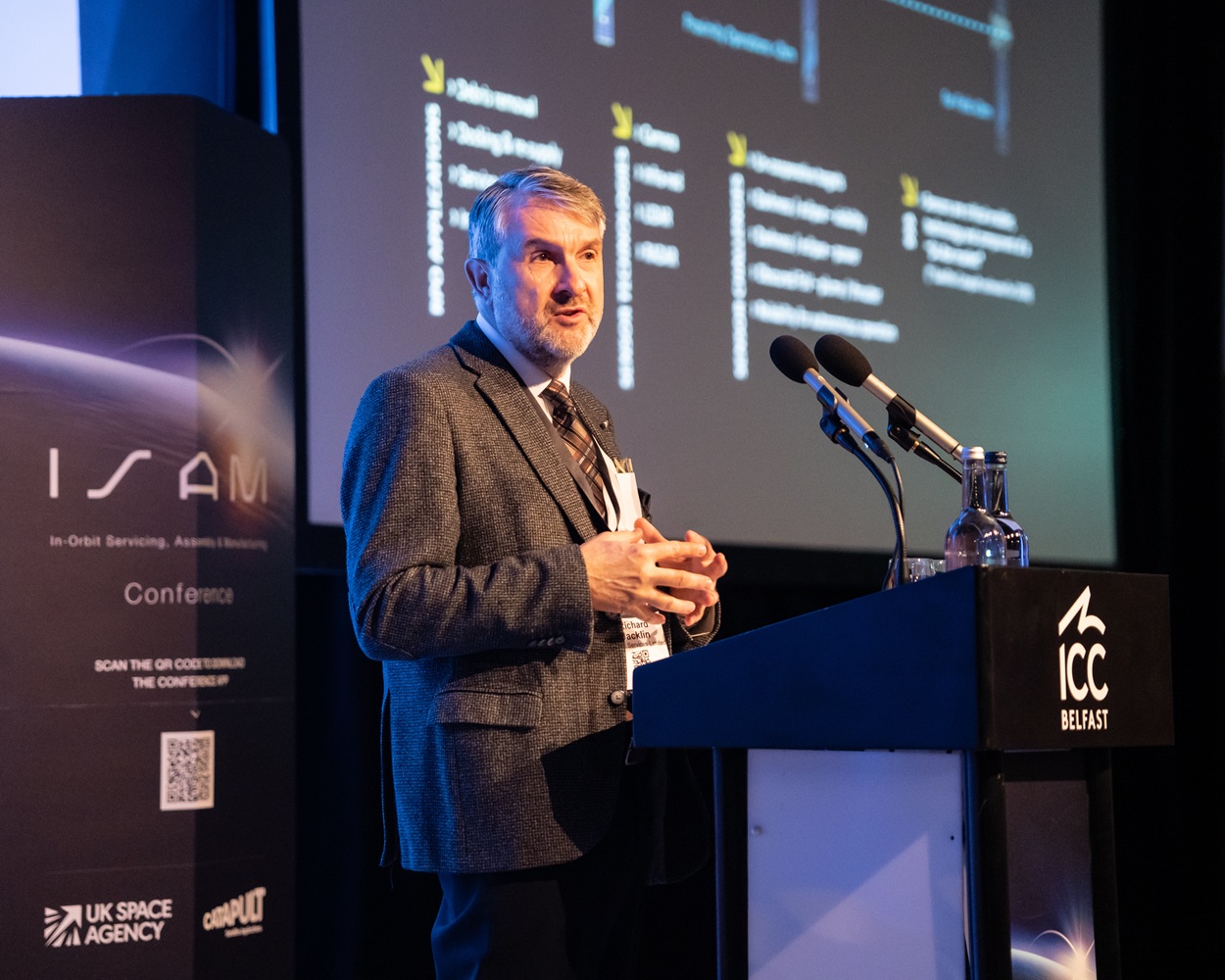The Panama Papers: implications for compliance
 On 3rd April 2016, history’s biggest data leak dominated global media headlines. The emergence of 11.5 million financial and legal records of more than 214,488 offshore entities caused one of the biggest scandals across the world.
On 3rd April 2016, history’s biggest data leak dominated global media headlines. The emergence of 11.5 million financial and legal records of more than 214,488 offshore entities caused one of the biggest scandals across the world.
The documents were leaked by a whistle-blower only known as 'John Doe' to German newspaper Süddeutsche Zeitung (SZ). SZ in return involved the International Consortium of Investigative Journalists (ICIJ), and together with more than 370 journalists from 76 countries, this huge amount of data was analysed.
The financial and legal records at the centre of attention were created by Panamanian law firm Mossack Fonseca. They expose the offshore holdings of world leaders, their associates, and high-profile individuals. They also uncover the secretive and shadowy world of offshore companies that could potentially be used to fund terrorism, drug trafficking, corruption and other criminal activities.
As a direct result of the scandal, Iceland’s Prime Minister Sigmundur Davíð Gunnlaugsson stepped down amid accusations that his family had hidden money offshore. Other public figures have also been exposed as having used Mossack Fonseca’s services, such as football star Lionel Messi, actor Jackie Chan, or the President of the Ukraine, Petro Poroshenko.
It is of course perfectly legal to own an offshore company and there is no evidence of criminal activity by the parties named in this data leak. Yet clearly others may have less honest motives and this scandal demonstrates how easy it seems to shield financial information from the public view and lay the foundations for funding criminal activities.
Ignorance is no excuse
The Panama Papers, states the ICIJ, “…also include at least 33 people and companies blacklisted by the US government because of evidence that they’d been involved in wrongdoing, such as doing business with Mexican drug lords, terrorist organisations like Hezbollah, or rogue nations like North Korea and Iran.”
This includes, for example, companies implicated in supporting the Syrian regime, like Pangates International Corp. (United Arab Emirates-based). The company and a number of its affiliates (all Mossack Fonseca clients) have been blacklisted by the United States and the European Union for supplying aviation fuel to help the Assad regime.
Early indications from the ICIJ’s investigation indicate that, rather than wilfully avoiding compliance obligations, Mossack Fonseca was simply not carrying out sufficient checks. Truly a crucial lesson for all of us about the importance of carrying out checks on our business partners. And a reminder for companies to undertake thorough reviews of their corporate compliance policies and programmes.
This story also highlights the complexity of the modern business environment involving shell companies and complex ownership structures. It demonstrates the need for government agencies to improve transparency regarding the actual ownership of firms they incorporate. Complex organisational structures represent quite a challenge for companies in everyday business and they raise a range of questions regarding corruption, fraud, money laundering and sanctions-related risk.
When it comes to sanctions, the Office of Foreign Assets Control’s 50 Percent Rule states that, if an entity is 50% or more owned by a blocked entity, then it is also blocked itself. Guidance issued in August 2014 made it clear that the percentage is aggregated in case of ownership by more than one blocked entity. The EU also applies a 50% rule and expects companies to have a clear understanding of the beneficial ownership structure of their business partners. This is a great challenge and can quickly become a burden, considering the structure of business networks that are created by law firms such as Mossack Fonseca.
Constant vigilance and the need for compliance programmes
Looking at the huge amount of data that has been released in the Panama Papers, it is difficult to understand the full impact. It seems likely that, with continuing analysis of the database and additional disclosures, regulators will be reviewing relevant legislation and sanctioned parties. Companies should stay up-to-date and prepare for potential changes.
The scandal around the Panama Papers is a timely reminder for companies to scrutinise the effectiveness of their compliance programmes. Are corporate compliance policies up to date and risk mitigation measures in place in areas such as corruption, fraud, money laundering and sanctions? None of these risks are new to compliance experts in businesses engaged in global trade, of course, but in today’s increasingly complex business environments the challenges are set to increase.














